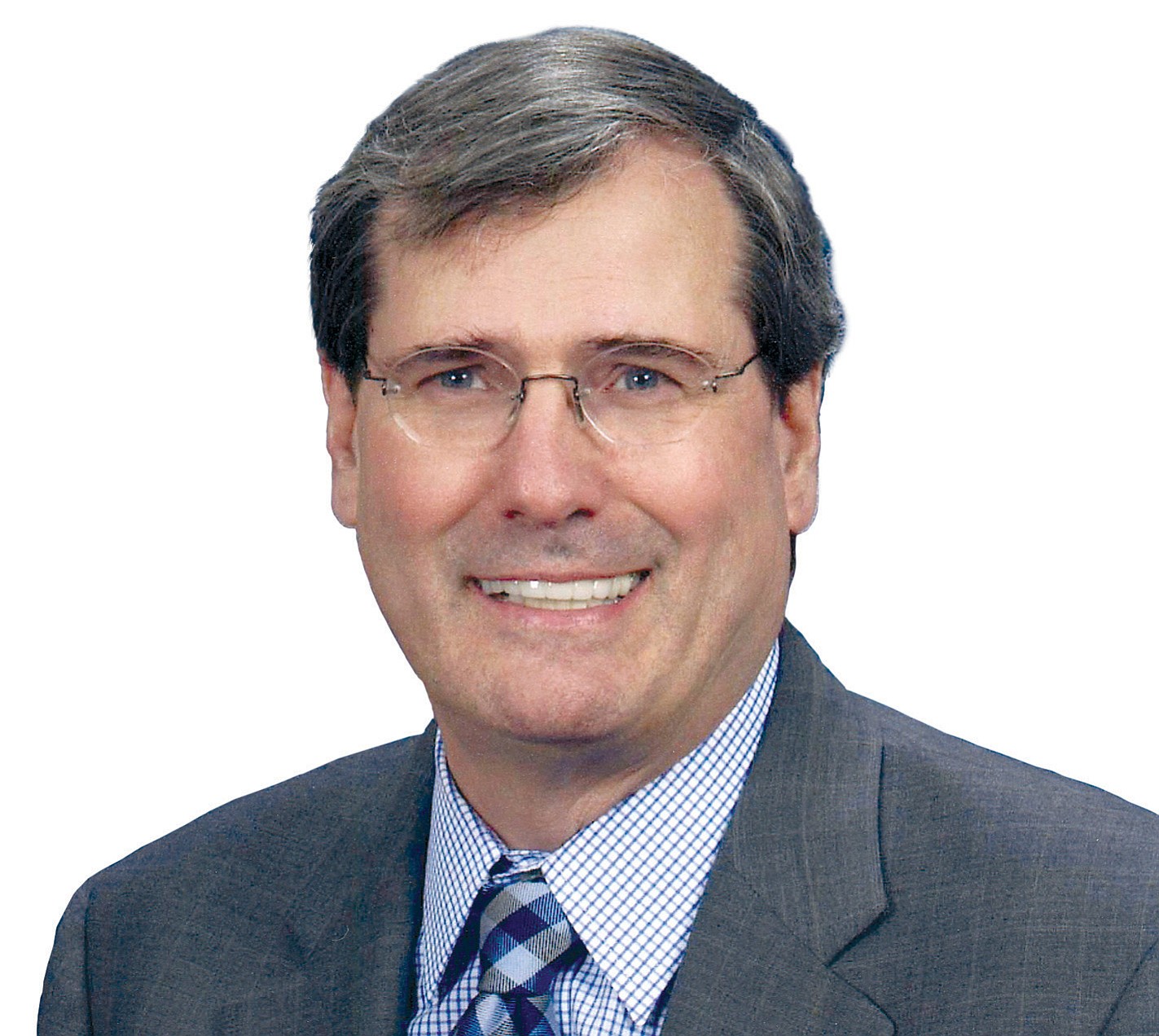Both Democrats and Republicans in Congress say recent leaks of classified information could endanger national security, and some contend the White House itself did some of the leaking. The White House wasn’t responsible, says the president. He adds that he is offended, which means The New York Times should be offended. If the president is right, the paper has been lying.
In a May 29 story revealing in detail how President Barack Obama personally approves of which al-Qaida operatives will be killed in drone attacks, the Times quotes Thomas E. Donilon. He has a White House office. He is in fact the national security adviser. Donilon told of how the president guides the killings to make sure they are circumscribed with reason and principle.
This does not touch on classified information? It sure seems so. Another person quoted in the story “requested anonymity to speak about what is still a classified program.” Among the three dozen current and former officials the Times says were interviewed for the story, others of high rank besides Donilon were not so careful; they allowed their names to be used, and the details are endless.
While the public had been informed about the drone attacks before this story, it puts the reader within hearing distance of Obama in confidential situations and confirms what has been happening — with no ifs, maybes or buts. For many, the story will place the president in a good light — they will applaud what the reporters call “his aggressive counterterrorism record” — while others will agree with a Times editorial that he should not be able to “unilaterally order the killing of Americans or others far from a battlefield.”
Another Times story took speculation — that the United States had engineered computer attacks on Iran’s nuclear enrichment facilities — and made it fact. The June 1 piece went so far as to give the president’s exact words in a meeting on the project known as Stuxnet and said 18 months had been spent interviewing current and former officials along with others in the know.
“None would allow their names to be used because this effort remains highly classified, and parts of it continue to this day,” the story said even as it disclosed that those providing the presidential quote were members of his national security team.
David Sanger, a Washington reporter for the Times who adapted the article from a book he wrote, said on a TV show that those interviewed included people at both the bottom and the top. He pretty much dismissed the idea that they were guided by political motives. Asked about national security concerns, he said disclosure was needed for the sake of public debate.
Let’s see: We’re in a situation in which Iran’s nuclear armament could someday ignite a holocaust, we have found a way to help deter that eventuality without violence, and this story takes us up close and cozy in a way that might put the operation in jeopardy. It has definitely put the fear of a threat in all of us, even liberal members of Congress specializing in intelligence. I am willing to skip the debate for now.
The administration says it has cracked down on leaks on other issues, but those did not enhance the president’s re-election prospects. These leaks do. When opportunities for favorable publicity present themselves, the administration indulges in overkill. Witness the way it inundated the press with material after the Navy SEALs abruptly ended the career of Osama bin Laden. U.S. Rep. Peter King, R-N.Y., says administration identification of one of our undercover helpers — Shakil Afridi — earned the physician a 33-year prison sentence for treason in Pakistan.
While none of this shows the president himself suggested any of the leaks, he is no sideline administrator; he had to know what was going on. What official investigations will conclude is anyone’s guess, but the president should long ago have told those below him what former Defense Secretary Robert Gates is reported to have said after too much talk about bin Laden’s killing: “Shut the bleep up.”



